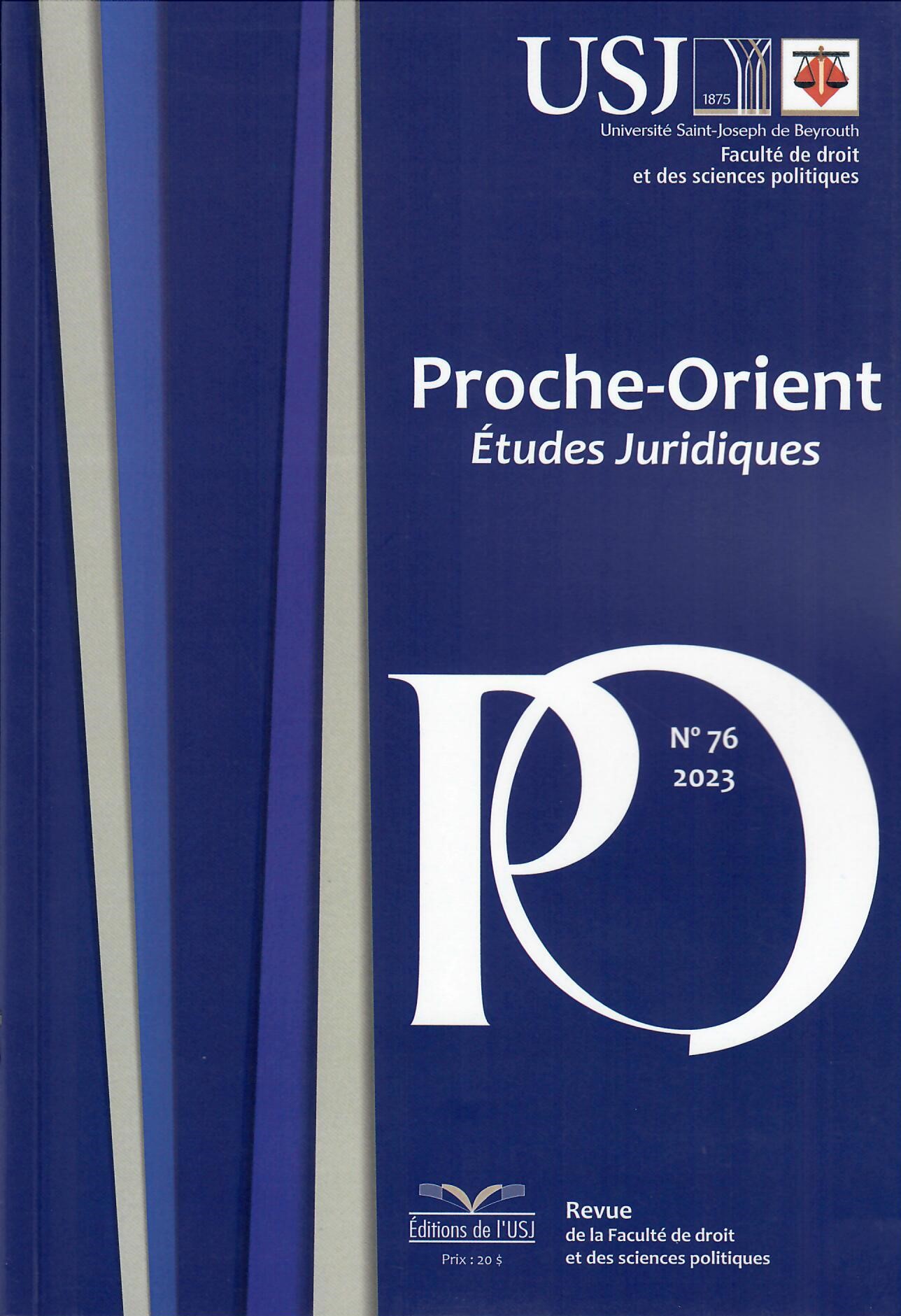Abstract
Which public prosecutor? For which mission and towards what future? Is he really the defender of public interest? Who is he and what does he do?
These questions can only be answered through the historical lens of the French public prosecution which inspired the Lebanese model based on a rigid hierarchical organization coupled with individual instructions, often oral and hidden. To be faithful both to his name and mission, the public prosecution judge must be independent from any unjustified interference in his work. This requires a status or regime guaranteeing his independence, as is the case for his colleagues in investigation and on the bench, in accordance with the constitutional principle of unity of the judiciary. Although independence and impartiality are not synonyms, these two notions complement each other. But can we speak of the impartiality of a public prosecutor who sets in motion the public action? We will attempt to answer these crucial questions based on developments in doctrine and jurisprudence, with a view to strengthening the public prosecution as a system, and enhancing its independence and impartiality which mainly derive from objectivity. By doing so, the public prosecutor can discharge its mandate as protector of rights and guardian of freedoms.

